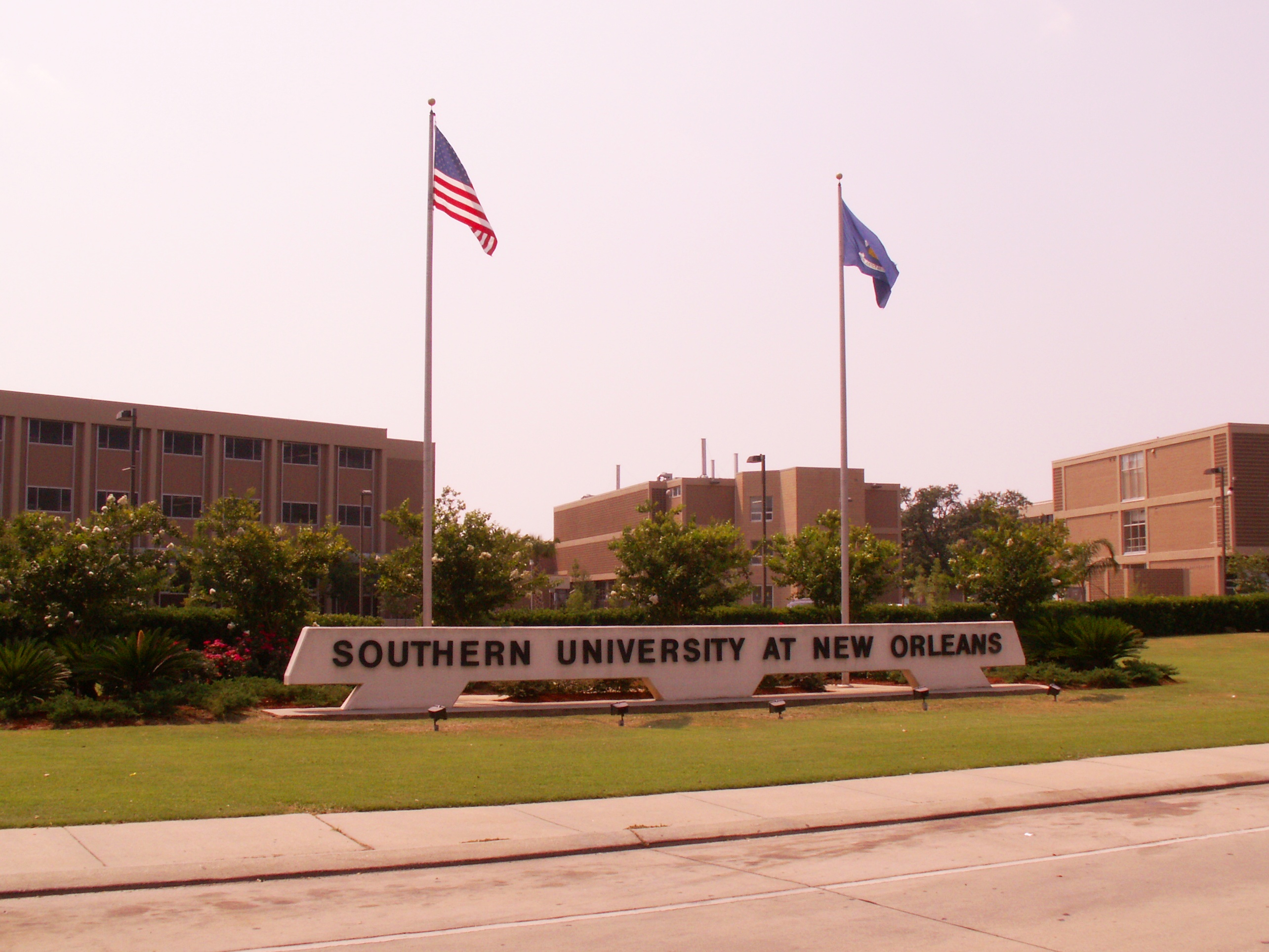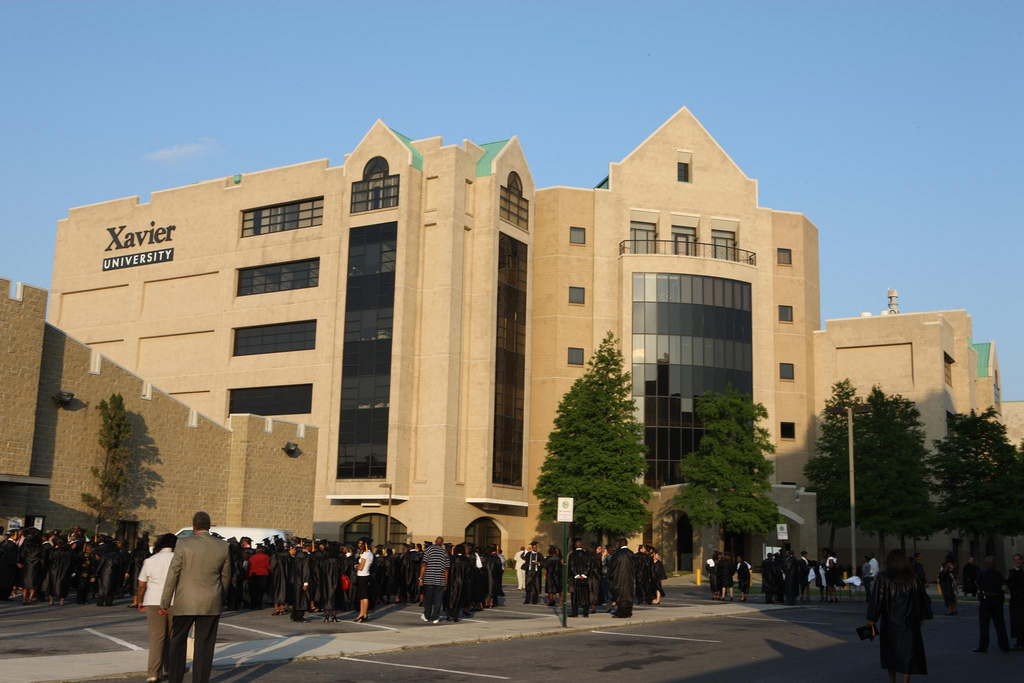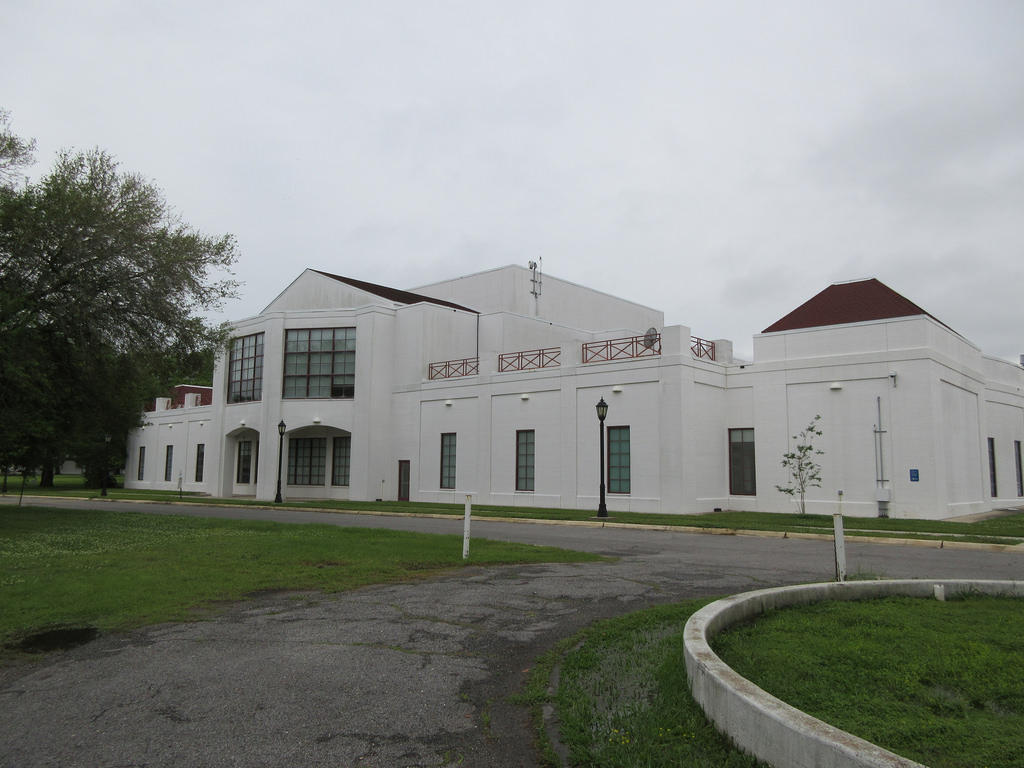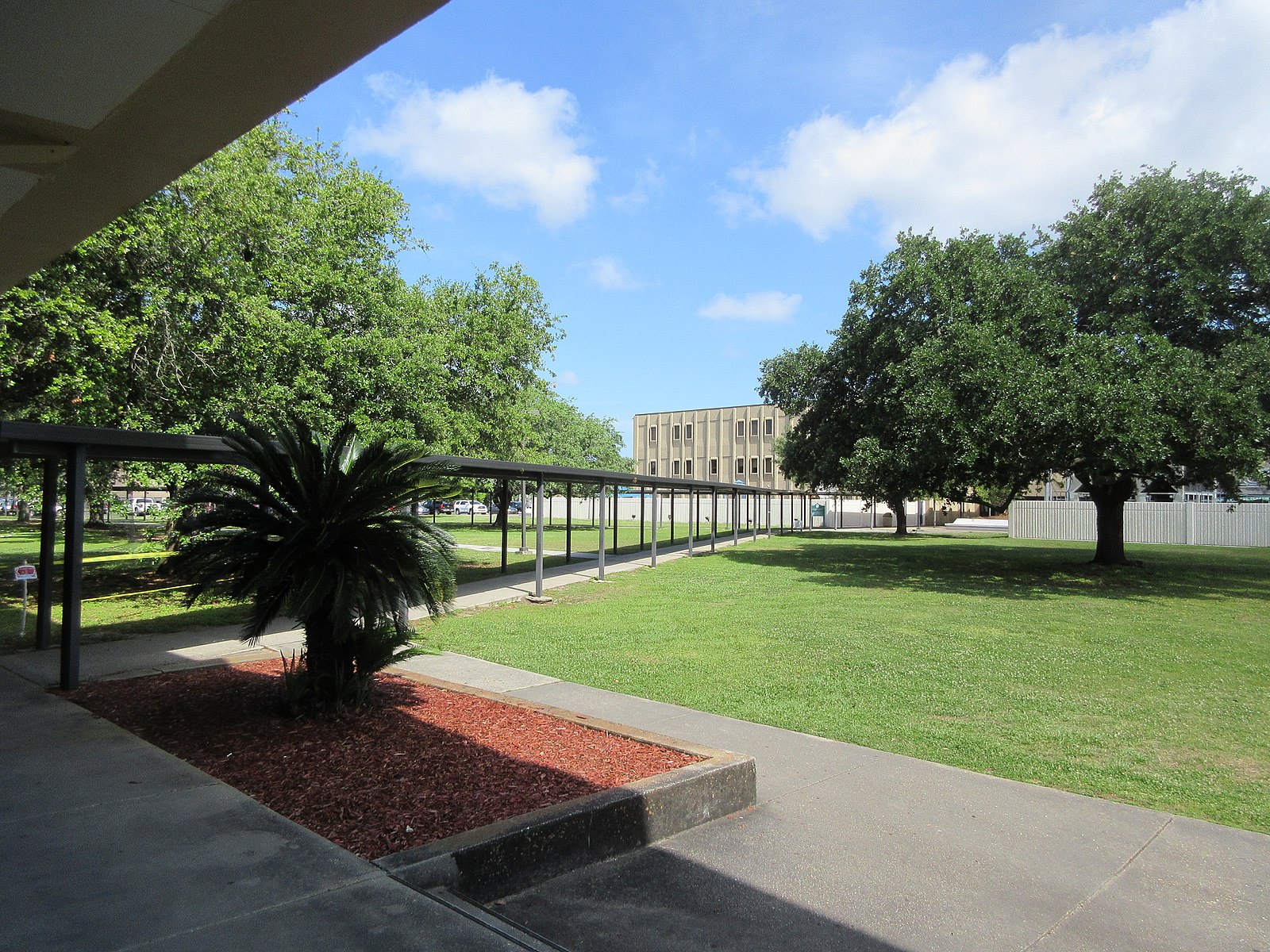New Orleans has been making its mark on the country and the world for over 300 years. One of the things that the city can be most proud of is the number of universities and colleges that call it home. While these schools may not have been around nearly as long as the city itself, they have accomplished a considerable amount in the time that they have been in existence. These institutions do everything from serving our community to bringing new people into our city, from giving our citizens jobs and adding money to the economy, to researching and helping advance our understanding of the world around us.

University of New Orleans
The University of New Orleans was established in 1956 by the Louisiana Legislature. The university was founded in part due to citizens of the city asking for “tax-supported higher education.”
The university was built in an abandoned United States Navy air station on the shore of Lake Pontchartrain in 1957 and was officially opened in 1958. The school proudly touts that “this marked the opening of the first racially integrated public university in the South.”
The University of New Orleans is the only public research university in the city. Combined with the neighboring UNO Research & Technology Park, the university has an economic impact of nearly a billion dollars per year. This creates more than 11,000 jobs for the greater New Orleans area. As of 2017, the University of New Orleans had nearly 8,000 students enrolled.

Tulane University
Tulane was founded as the Medical College of Louisiana in 1847. New Orleans, being a busy port city, was struggling with cases of numerous diseases such as yellow fever, which motivated the then-public university to be built for research. In 1884, the university became private, changed its name to Tulane University, and moved to its current St. Charles Avenue location by Audubon Park.
In 1914, Tulane University opened up a business school, stating that it is the first business school to be established in the South.
In 1961, Pearlie Elloie sued Tulane University in order to force the school to accept all races. Two years later, in 1963, Tulane University became an integrated university (and Elloie went on to get her master’s there).
As of 2017, Tulane had 13,000 students enrolled. Tulane University employs nearly 5,500 people on its New Orleans campuses. This makes it the largest private-sector employer in the city. In the year 2011, they spent over $121 million in research. The Tulane Medical Center (as well as their other facilities) welcomed over 24,000 inpatient (and over 300,000 outpatient) visits in the year 2013. These are important community achievements for the city of New Orleans.

Loyola University New Orleans
Loyola University New Orleans was founded by seven Jesuit priests right outside the city of New Orleans in 1837. By the year 1849, Loyola was in New Orleans. The university was on Baronne and Common Streets at first, but moved to their Uptown location in the 1880s.
As of 2017, Loyola had over 3,000 students enrolled in their university. In the fiscal year of 2009-2010, Loyola had an economic impact of nearly $129 million for the city of New Orleans.

Southern University of New Orleans
Southern University of New Orleans (SUNO) opened its doors in 1959 with 158 freshmen and a faculty of 15. A staple of New Orleans’s higher education community since then, SUNO is now also part of the Historically Black College University System (HBCU). In 1964, the institution was sued, resulting in the university having to be made available for all students. But in 1975, they joined the Southern University System, which is the only HBCU System in the United States. The university had over 3,000 enrolled as of 2010.

Xavier University of Louisiana
A fact that Xavier University of Louisiana leads with on its history page online is that there are 106 black colleges and 251 Catholic colleges in the United States, and Xavier University of Louisiana is the only school that is a Catholic black school, a fact that the school is very proud of. The school’s story started in 1915, when St. Katherine Drexel and the Sisters of the Blessed Sacrament built a co-educational school. That became the foundation from which the university was built. In 1929, construction to add to the school began, with the end result being the completion of the U-shaped gothic administration building. This building is considered a city landmark.
Unlike some HBCUs and religious schools, Xavier University of Louisiana has students from all sorts of communities enrolled. Currently, about 70 percent of Xavier’s students are not Catholic, while around 30 percent of the students are not black.

Dillard University
Dillard University was founded in 1869. It started off as Straight University and the Union Normal School, and was founded with support from the American Missionary Association of the Congregational Church and the Freedmen’s Aid Society of the Methodist Episcopal Church.
Dillard is a four-year liberal arts college, with religious affiliations to the United Church of Christ and the United Methodist Church. It has been ranked as the 11th best HBCU by US News and World’s Best College Rankings.
As of 2017, nearly 1,300 students were enrolled in Dillard University, with over 1,200 of them being full-time students. Around 94 percent of the students attending Dillard University receive some sort of financial aid.

Delgado Community College
Delgado is named after Isaac Delgado, a Jamaican migrant who became a wealthy New Orleans businessman and sugar planter. In Delgado’s will, land and money were given to the city in order to build a trade school. This resulted in 57 acres adjacent to New Orleans’s City Park becoming Delgado Community College. In 1921, Delgado Central Trades School Opened.
On top of being next to New Orleans’s City Park, Delgado also serves a large amount of community living within the city. Currently, there are about 19,000 students enrolled in Delgado Community College. Delgado is Louisiana’s oldest and largest community college.
New Orleans has been one of the most important cities in North America for 300 years. While the city of New Orleans didn’t always have universities, the universities that popped up within the city’s lifetime speak to the class of the people who live here, who call New Orleans home. New Orleans has an eclectic mix of universities, and each one has provided the city with some part of its history that has helped make New Orleans, New Orleans. And each one will have a say in what the future of New Orleans holds—for the next 300 years.

